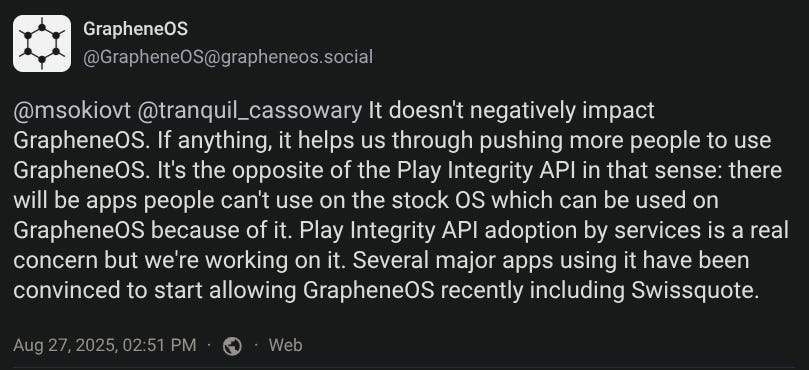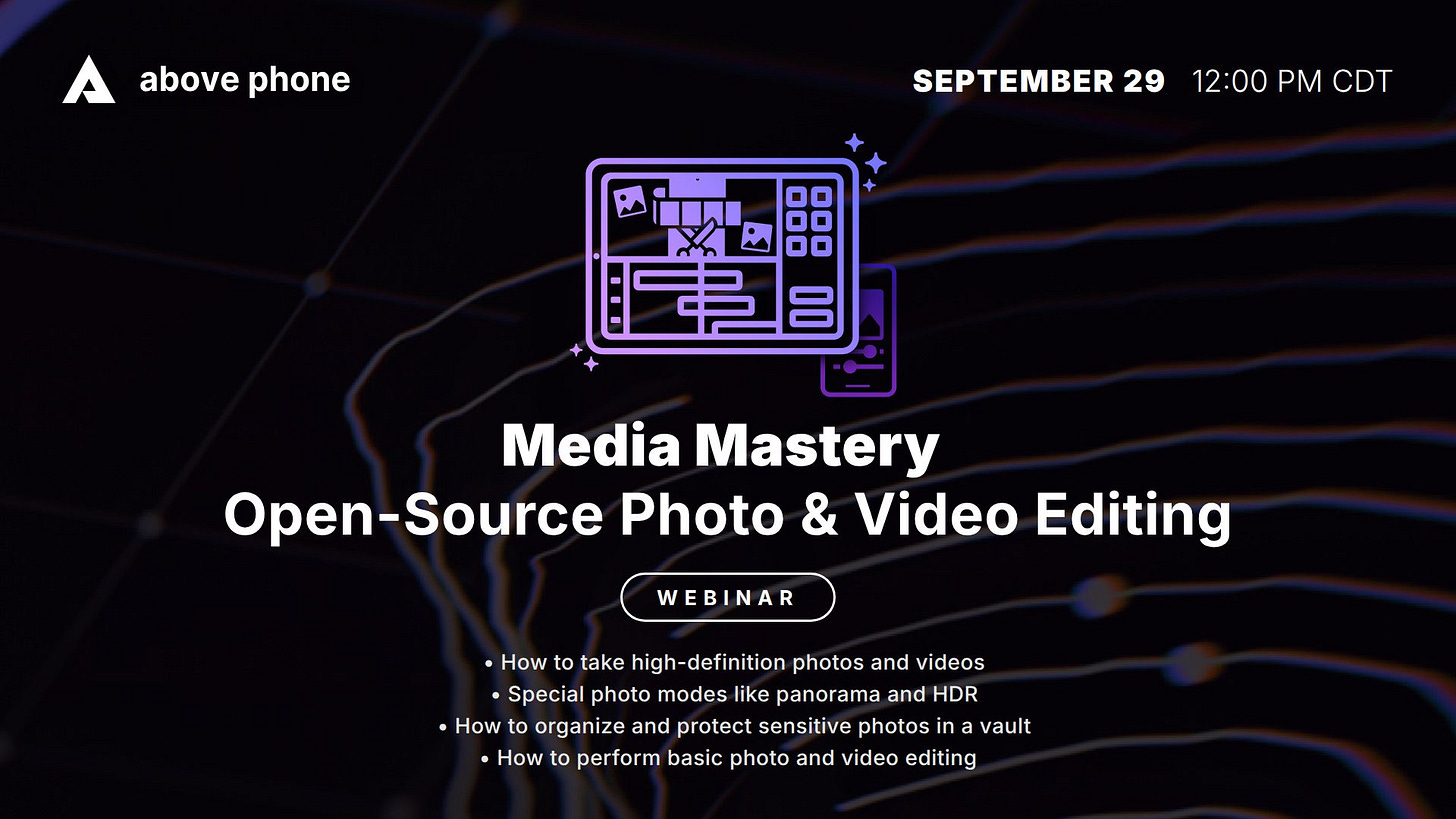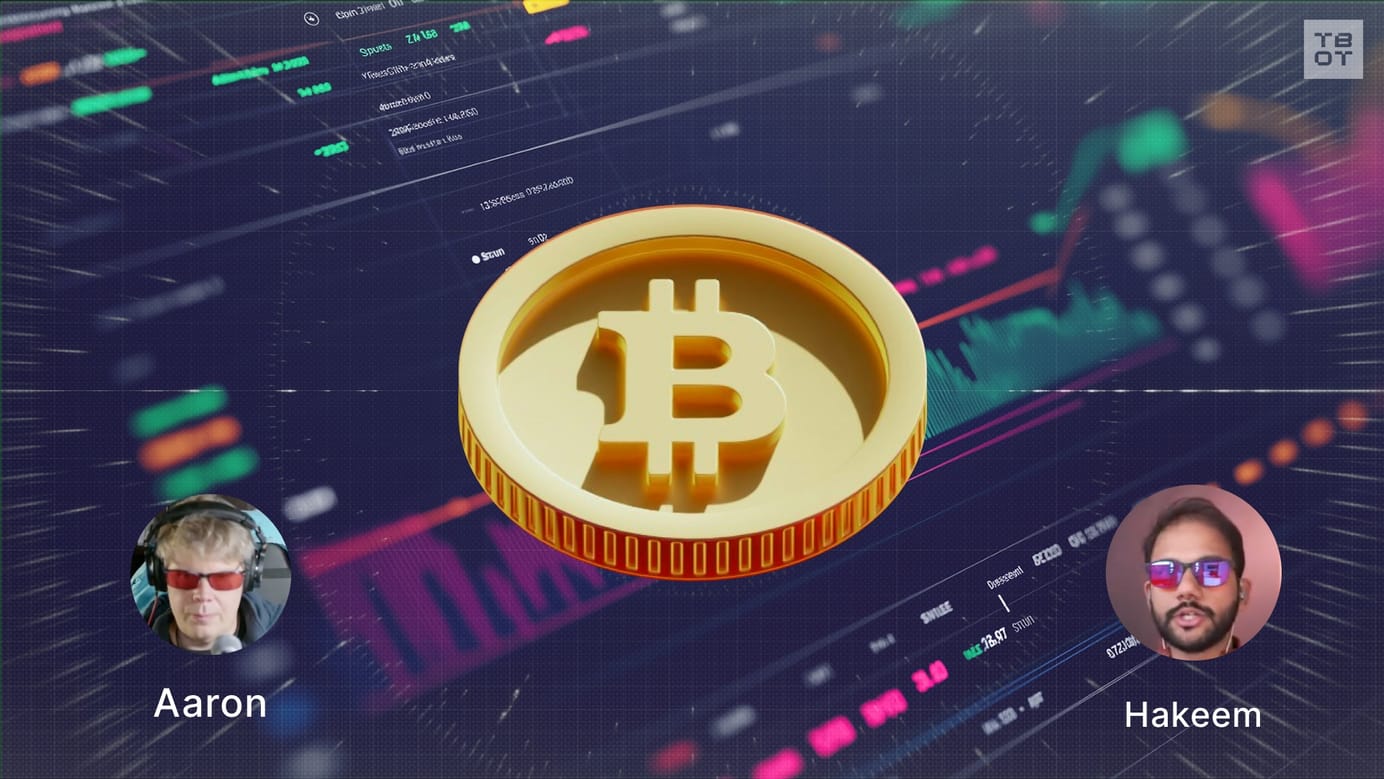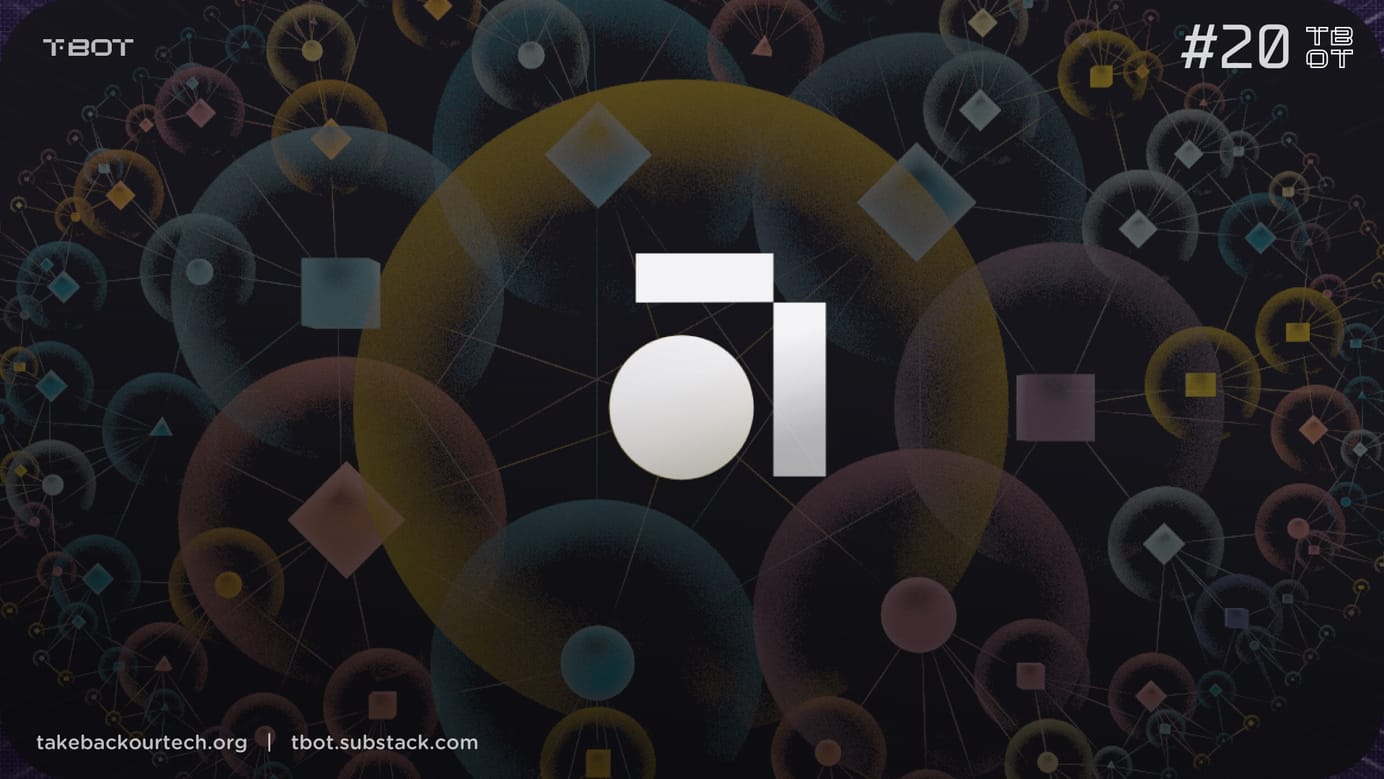
No Anonymous Apps: Google Bans Sideloaded Apps on Android Starting in 2026
Google scrambles to keep the de-googled movement from growing.
“First They Ignore You, Then They Laugh at You, Then They Attack You, Then You Win”
We’re in the midst of a tech independence movement and Google is taking measures to squash it at all costs.
Google’s Android OS was known to be the only mobile operating system that allowed “side-loading” of apps—meaning that you could install applications outside of official app stores.
Now it’s joining the likes of Apple by banning alternative apps in most countries, and only opens up sideloading in the EU where it has been forced to by law—neutering it by demanding third party app stores follow their regulations and be backed by €1 million in credit.
A recent blog post by Suzanne Frey, VP of Product, Trust & Growth for Android, announced new developer verification requirements:
Starting next year, Android will require all apps to be registered by verified developers in order to be installed by users on certified Android devices. … Think of it like an ID check at the airport, which confirms a traveler's identity but is separate from the security screening of their bags; we will be confirming who the developer is, not reviewing the content of their app or where it came from.
There’s a bit to unpack here.
First, all developers will be required to share their identity if they want to publish an app. Google developed a new Android Developer Console for them to provide their personal details and upload a government ID.

Next, they’ll need to generate their own app signing keys and give the app’s package name to Google.
With this, Google will have everything they need to control which apps are installed on Certified Android devices.
The blog post goes on to say, ”developers will have the same freedom to distribute their apps directly to users through sideloading or to use any app store they prefer.”
It’s a see-through statement—there’s no point in sideloading if the developers must go through official Google channels in the first place.
It’s like saying you have the freedom to exchange, but first you need to register your business with the government.
Although full details haven’t been released, if the developer has to submit signing keys to Google, technically Google has full control of the app. They can force updates and change the app at will.
Why Google, Why?!
Google says they’re making this change because they conducted an analysis that found over 50 times more malware from internet-sideloaded sources than on apps available through Google Play.
This claim is completely empty without providing context.
What sources did Google compare Google Play to? The internet at large? Open-source app stores? Chances are, if you compare Google Play against F-Droid or the GrapheneOS app store Accrescent, you will find that Google Play has the most malware.
For Google to base this huge decision off of one unpublished analysis is suspicious and indicative of other motives.
The Impact
This new change fractures the usage of phones into two major segments.
- Those who use de-googled phones and ‘unverified’ open-source apps
- Those who use big tech phones and must use ‘verified’ apps only
Google’s real reasons for doing this are twofold:
- An attempt to kill open-source applications
- They haven’t been able to kill popular open-source apps. Alternatives for YouTube, Mail, and messaging have been flourishing on open-source app stores like F-Droid. These apps typically work just as well, don’t track their users, and thus threaten Google’s monpoly on the app space.
- Because these apps will no longer run on Android phones, developers may get discouraged and stop supporting the applications.
- To control any potential apps that are impactful on a large scale
- Earlier this year, we published an article on Jack Dorsey publishing an app he developed with AI that acted as a bluetooth mesh network messenger. Apps like these have the potential to disrupt and change the course of communications, commerce, and education when used by many people.
- With this change, Google puts developers in a chokehold. With their identity registered, and with the app’s publishing keys in Google’s control, they can punish developers and take over control of the app.
These changes build upon the rollouts of Google’s App Integrity, which is a service app developers can use to check if they’re running a ‘certified’ Android operating system. Of course, and as we’ve written previously, this service does little for security and is meant to enforce Google’s monopoly.
These two pieces work together in conjunction:
- Developer Verification prevents normal Googled phones from running alternative apps.
- App Integrity could prevent de-googled phone users from running apps distributed through the Google Play store.
When is this happening?
Soon, Google will control the apps available on Android phones, including Google, Samsung, Xiaomi, and others.
There is still a ways to go in the process, with developers able to submit their identity documents starting in March 2026.
In September 2026, the first regional enforcement begins in Brazil, Indonesia, Singapore, and Thailand.
Starting in 2027, enforcement goes worldwide.
Will this hurt degoogled projects?
As always, more control from big tech pushes people towards solutions.
GrapheneOS had this to say on Mastodon:

This Substack is reader-supported. To receive new posts and support my work, consider becoming a free or paid subscriber.
This is a segment from #TBOT Show Episode 12. Watch the full episode here!

Today’s AI-driven operating systems send your personal media to big tech companies for analysis, leading to your photos being searchable. And the photo and video editing apps available in big tech app stores silently harvest your data, send your media off to third parties, and sell them to the highest bidder.
Most people don’t even know all this is happening when they snap a photo or edit a video.
Join us for a FREE Webinar: Media Mastery: Open-Source Photo & Video Editing
📅 Monday, September 29, at 12 pm CDT
LEARN HOW TO:
✅ Take high-definition photos and videos with Above Phone
✅ Use special photo modes like panorama and HDR
✅ Organize and protect sensitive photos in a vault
✅ Perform basic photo and video editing on Above Phone
BONUS: Exclusive Above Phone discount for attendees!
We’ll also review how Android and iOS users can adjust their settings to increase the privacy and security of the media on their devices.

Break the limits of big tech with Above Phone. You’ll unlock features and freedom you didn’t even know existed.
- Works with any cell service (and even over WiFi with an internet phone)
- Download the apps you love (private app stores)
- Have complete control over your app permissions
Take Back Our Tech Newsletter
Join the newsletter to receive the latest updates in your inbox.





